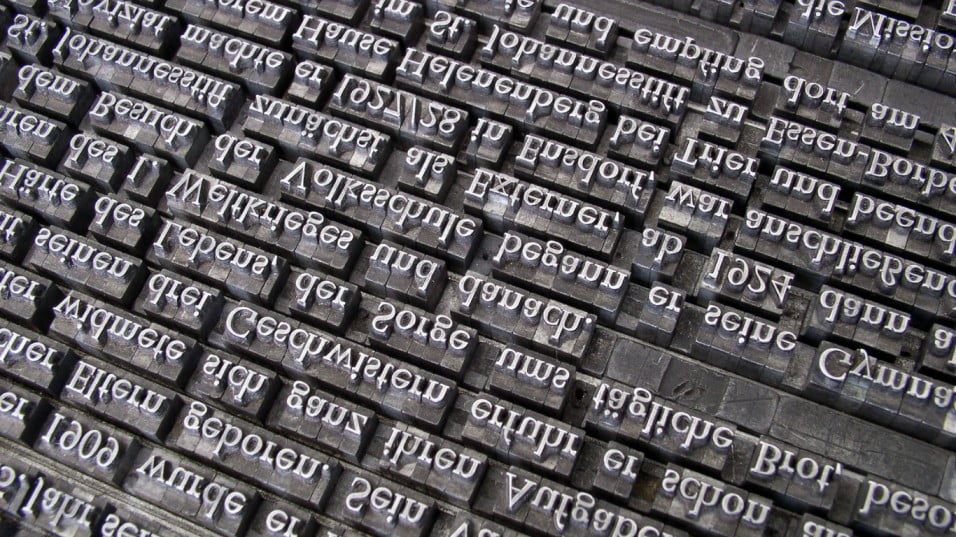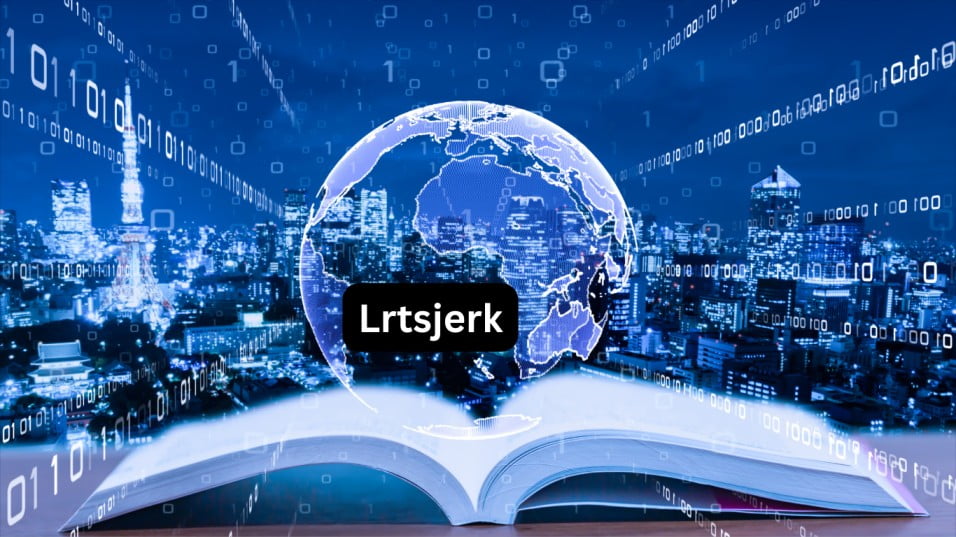Lrtsjerk is a word that many people see online. But what does it mean? Where did it come from? Why is it important? Lrtsjerk is a term that describes people who are rude and indicated on the internet.
They do things like trolling, bullying, lying, and hurting others. It is also a concept that shows how the internet affects language and communication.
It is also a phenomenon that makes people curious and confused. This article will explain Lrtsjerk, why it matters, and how to deal with it.
What is Lrtsjerk?

Lrtsjerk is an online term combining “lots” and “jerk” to describe individuals engaging in negative online behaviours like trolling, harassment, bullying, and spreading misinformation, often anonymously, causing significant harm.
Lrtsjerk is also a concept that encapsulates various aspects of online negativity and toxicity. It reflects the psychological, social, and cultural factors influencing online conduct and communication.
It reveals the challenges and opportunities of managing online interactions and relationships. It raises ethical and moral questions about online users’ and platforms’ responsibility and accountability.
Lrtsjerk, an elusive and ambiguous internet phenomenon, has sparked curiosity and speculation among internet users.
Theories and personal experiences have been proposed to understand its meaning, origin, and effects.
The phenomenon has become a topic of interest in various online communities and platforms.
Why is Lrtsjerk important?
Lrtsjerk is a linguistic novelty that challenges conventional norms and expectations of language use and understanding.
It reflects the impact of digital communication on language evolution and dissemination, as language is a dynamic system that adapts to different contexts.
The digital revolution has transformed communication and information exchange, creating new modes and genres of rainbowblogs.
It highlights the challenges and opportunities of linguistic analysis and interpretation in the digital age, as it reveals the complexity of understanding and communicating with diverse and dynamic data, contexts, and users.
It highlights the need to comprehensively scrutinise linguistic patterns and collaborative problem-solving approaches in the digital landscape.
It is a tool that raises awareness about the adverse effects of online negativity and toxicity.
These issues negatively impact users’ well-being, safety, and mental health, leading to stress, anxiety, and depression.
Lrtsjerk manifests these issues, emphasising the need to prevent and promote positive online interactions rather than fostering fear and hostility.
How can we deal with Lrtsjerk?
Understanding the motivations and triggers of Lrtsjerk behaviour is crucial for empathy and influencing others’ behaviour.
Factors like boredom, frustration, anger, insecurity, curiosity, anonymity, lack of empathy, social norms, and peer pressure can help regulate and monitor online behaviour, enabling effective communication and interaction.
To handle Lrtsjerk, it’s crucial to implement strategies to prevent, respond to, and report such behaviour.
These include setting clear community guidelines, promoting respect, and educating users about responsible online conduct.
Responses involve ignoring or blocking Lrtsjerk, providing constructive feedback, and seeking support. Reporting involves flagging or reporting the behaviour to authorities.
Fostering positive online interactions and a welcoming and inclusive environment is crucial to handle it.
This involves kindness, empathy, and sharing helpful information. Promoting positive interactions consists of expressing gratitude, providing compliments, offering advice, and participating in respectful discussions.
How did Lrtsjerk originate and spread online?

Lrtsjerk is a word that has no clear origin or definition. It is a combination of “lots” and “jerk”, which means people who are rude and indicate on the internet.
Some people think that Lrtsjerk started as a joke or a typo, which became popular among online users. Others believe it is a secret code or a hidden message with a deeper meaning or purpose.
Lrtsjerk spread online through various platforms and communities, such as social media, blogs, forums, and games.
Lrtsjerk became a topic of interest and discussion as people tried to figure out what it meant and why it existed.
What are the effects of Lrtsjerk on online users?

Here is a possible list of the effects of Lrtsjerk on online users:
- It can make people feel angry, sad, or scared.
- It can hurt people’s feelings and self-esteem.
- It can damage people’s trust and relationships.
- It can affect people’s mental health, causing stress, anxiety, or depression.
- It can make the internet the wrong place for everyone.
- It can also make people curious.
- It can challenge people’s thinking and learning.
- It can inspire people to find solutions and create change.
- It can also make the internet a better place for everyone.
How can we prevent and combat Lrtsjerk behaviour?
Lrtsjerk behaviour is when people are vulgar and mean on the internet. They do bad things like lying, bullying, or hurting others. Lrtsjerk behaviour can make us and others feel bad or sad.
Lrtsjerk behaviour can also make the internet a wrong place for everyone. We can prevent and combat Lrtsjerk behaviour by doing these things:
✅ Learn more about Lrtsjerk, why it happens, and how it affects us and others online. We can read articles or web pages that explain Lrtsjerk and its effects.
✅ Improve our online communication and relationship skills. We can be more empathetic, respectful, critical, and self-controlled online. We can use guides or apps that help us communicate and relate better online.
✅ Make the internet a positive and constructive place. We can be kind and helpful to others online.
We can share and discuss valuable and relevant information and opinions. We can use strategies and tools that help us stop and reduce online negativity and toxicity and increase online positivity and civility.
✅ Help ourselves and others who are affected by Lrtsjerk behaviour. We can ask for and give help and support.
We can report and deal with its behaviour. We can also create and support change online.
We can use resources and services that help us cope and recover from Lrtsjerk behaviour and help us prevent and combat Lrtsjerk behaviour.
What are the linguistic features of Lrtsjerk language?
Lrtsjerk language is a fascinating and mysterious linguistic phenomenon that has emerged and spread online.
Some of the linguistic features of the Lrtsjerk language are:
✅ It is a hybrid language that combines elements from different languages, such as English, Dutch, and German.
✅ It has a simple and intuitive syntax that resembles English, with minimal use of symbols or special characters.
✅ It has a fluid and adaptable meaning that can convey various emotions and ideas, depending on the context and the user.
How can we analyse and interpret Lrtsjerk’s meaning?
Lrtsjerk’s meaning is not easy to analyse and interpret, as it is a new and mysterious word that people use online. However, we can try to understand Lrtsjerk’s meaning by using some methods, such as:
⏩ They are comparing Lrtsjerk with other words that are similar or related to it, such as “lots” and “jerk” or “lurk” and “jerk”. We can see how these words are used and their meaning in different contexts and situations.
⏩ We are searching for Lrtsjerk on the internet and looking at the sources and information that we find. We can see where and how Lrtsjerk is used and what it refers to. We can also check the credibility and reliability of our sources and information.
⏩ Ask other people who use or know about Lrtsjerk what they think it means and why they use it. We can learn from their perspectives and experiences and see how they communicate and interact with Lrtsjerk.
⏩ We are experimenting with Lrtsjerk and seeing how it affects our online communication and relationships. We can use Lrtsjerk differently and see how others respond to it and what it conveys.
⏩ These methods can help us analyse and interpret Lrtsjerk’s meaning, but they may not give us a definitive or universal answer.
Lrtsjerk’s meaning may vary depending on the user, the context, and the purpose. Lrtsjerk’s meaning may also change as language evolves and adapts to new situations and needs.
Therefore, we should be open-minded and curious about Lrtsjerk’s meaning and be ready to update and revise our understanding as we learn more.
Conclusion
Lrtsjerk is a term, a concept, and a phenomenon that has emerged in the online sphere without a clear origin or definition.
It signifies individuals who indulge in an overwhelming volume of online negative behaviours and attitudes, encapsulating various aspects of online negativity and toxicity.
It reflects the impact of digital communication on language evolution and dissemination and reveals the challenges and opportunities of linguistic analysis and interpretation in the digital age.
It also raises awareness about the consequences and solutions of online negativity and toxicity and how they affect our online interactions and experiences.
